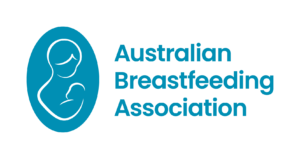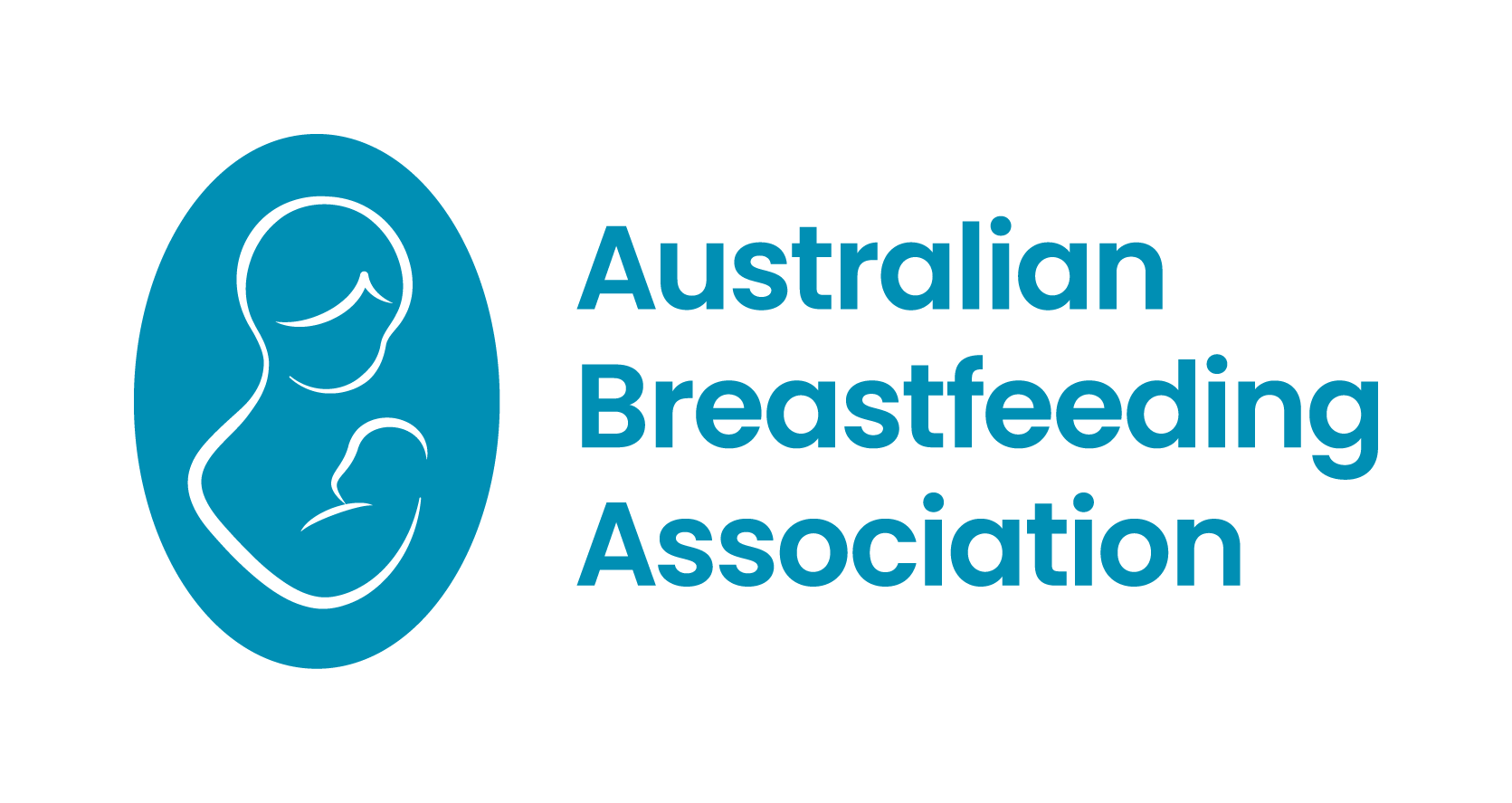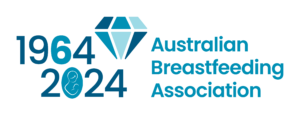As women embark on the journey of motherhood, balancing work and family life can feel challenging. Pregnant and working mothers make up a significant and growing part of the Australian workforce, over 20% of Australian households have young children and the number of dual-earner households is also rising. Yet many continue to face discrimination and unfair treatment in the workplace.
The recently published National Review into Work Conditions and Discrimination among Pregnant and Parent Workers in Australia, conducted by the University of South Australia, investigates these issues, with a view to shedding light on the lived experiences of women and birthing people and the need for better policies and support systems for mums and working parents. You can download and read the report HERE.
Study Sample
1225 people completed the survey conducted over 12 months in 2023. Most respondents were primary caregivers of a child or children (75.2%) and 7% were secondary caregivers (17% did not answer this question). 94.6% of respondents identified as female and 4.5% were male. 4% gender fluid and 3% preferred not to say. Participants were from all Australian states and territories. It is reasonable to say that most of the participants in this study were women and primary caregivers, a point that the authors bemoan as a reflection of ongoing gender norms in Australian society. And yet this survey demonstrates why women do tend to continue in gendered roles – the alternatives in the paid workforce are clearly difficult for women to navigate during pregnancy and motherhood.
The survey did not include questions about breastfeeding when calculating overall discrimination because “many women do not breastfeed their children” which seems like an important opportunity was missed to measure how breastfeeding women experience discrimination at this time. The survey also omitted any questions about flexible work arrangements so the impact of these on discrimination is not known.
Pregnancy, Work Conditions, and Discrimination
The report found that the challenges start early for many Australian expecting mums. Workplace accommodation was found to often fall short of expectations. For instance, 21.6% of pregnant workers had their job roles altered against their wishes and 16.6% received negative or offensive remarks from management about their pregnancy. Additionally, 25.4% felt compelled to hide their pregnant belly to avoid discrimination or negative attention.
A significant number of women reported inadequate support and information from their employers regarding their upcoming leave entitlements. Specifically, 32.7% received no information about their upcoming leave entitlements, leaving them in the dark about their rights and benefits. These statistics highlight a prevalent culture of discrimination that undermines the well-being and job security of pregnant employees.
Experiences During Parental Leave
The situation did not improve significantly for many after their baby was born. The lack of communication and support from employers during parental leave is another major issue. Many mothers faced substantial barriers and lack of support during this critical period. 43.8% were excluded from training opportunities and potential promotions due to their absence from the workplace, impacting their career progression. About 50% of the respondents who took parental leave were not informed about workplace changes that could affect them and 46.9% were excluded from important workplace communications or celebrations. Furthermore, 21.3% were pressured to alter their leave duration against their wishes and 22.2% found their employers unsupportive during their leave. Disturbingly, 21.5% had their roles permanently replaced and 22.4% faced redundancy, restructuring or termination during their leave period.
Returning to Work, Work Conditions and Discrimination
Upon returning to work following parental leave, parents (almost all mothers in this study) continue to face discrimination and challenging conditions. There were some contradictory findings about flexible work arrangements with a significant proportion, 43.9%, receiving negative comments regarding their request for flexible work hours or part-time arrangements. However over 96% of respondents had access to or were encouraged to engage with flexible work arrangements. Career advancement opportunities also suffered, with 45.1% provided with fewer opportunities for promotion.
Inadequate facilities and lack of support for breastfeeding or expressing remain significant issues, with 26.9% of parent workers not provided with appropriate facilities. Additionally, 44.6% received no information about their return-to-work entitlements and 40.5% encountered negative or offensive remarks about their commitment to their employment role due to parental responsibilities.
The struggle for work-life balance is further highlighted by the 40.0% who received negative comments about taking time off to care for a sick child, despite carers’ leave being a protected entitlement. This highlights the challenges mothers and parents face when balancing their professional responsibilities with their caregiving duties, even when they are legally entitled to take leave for such situations.
Many also faced demotion in their roles, with 34.0% returning to jobs with lower status or less responsibility. Negative remarks about breastfeeding or expressing were reported by 17.4% of parent workers and 22.3% had their requests for flexible hours or remote working denied.
The Need for Change: Breastfeeding Friendly Workplace accreditation paving the way
In response to these examples of discrimination, the Breastfeeding Friendly Workplace Accreditation works to create more inclusive and supportive environments for working parents. This accreditation encourages employers to provide appropriate facilities for breastfeeding and expressing, ensuring that new mums have the resources they need to balance their professional and parental responsibilities. By promoting flexible working hours, clear communication about leave entitlements, and supportive return-to-work policies, the Breastfeeding Friendly Workplace Accreditation aims to remove the discrimination faced by pregnant and parent workers. This initiative is a crucial step towards fostering a more equitable workplace where the contributions of all parents are valued and supported.
Emily Carrolan
Manager of Breastfeeding Friendly Australia
Potter, R., Foley, K., Richter, S., Cleggett, S., Dollard, M., Parkin, A., Brough, P., & Lushington, K. (2024). National Review: Work Conditions & Discrimination among Pregnant & Parent Workers in Australia Evidence & Insights Report







